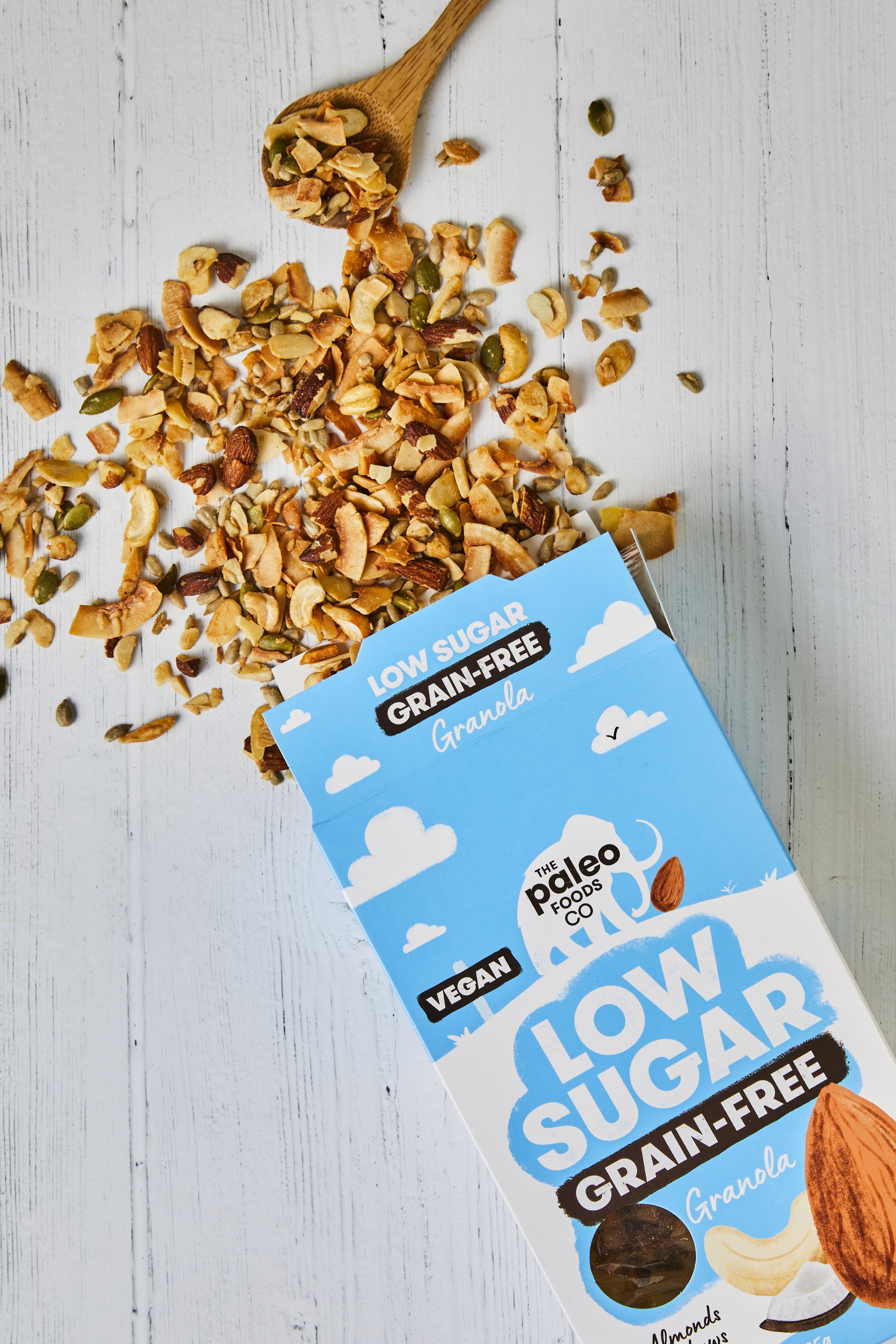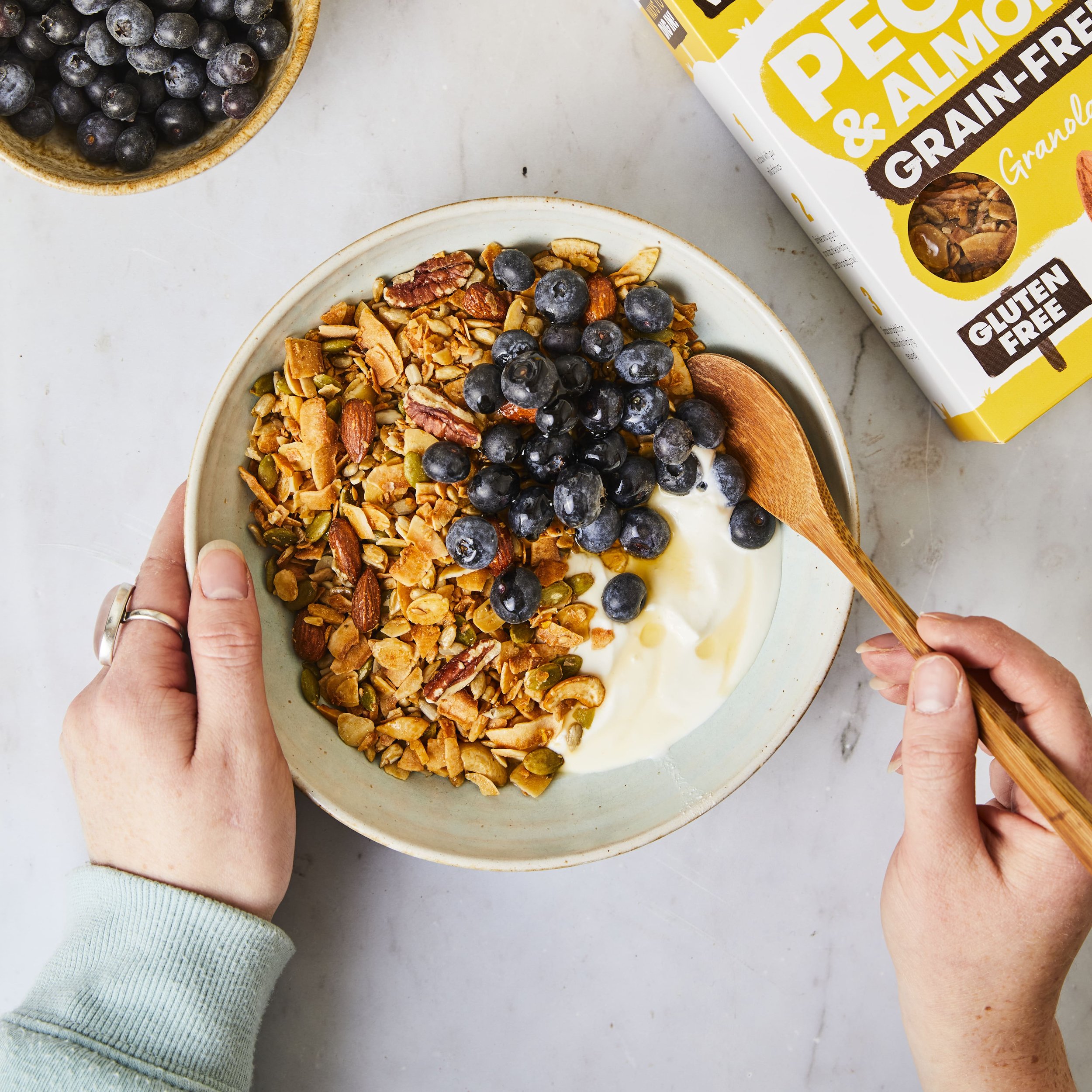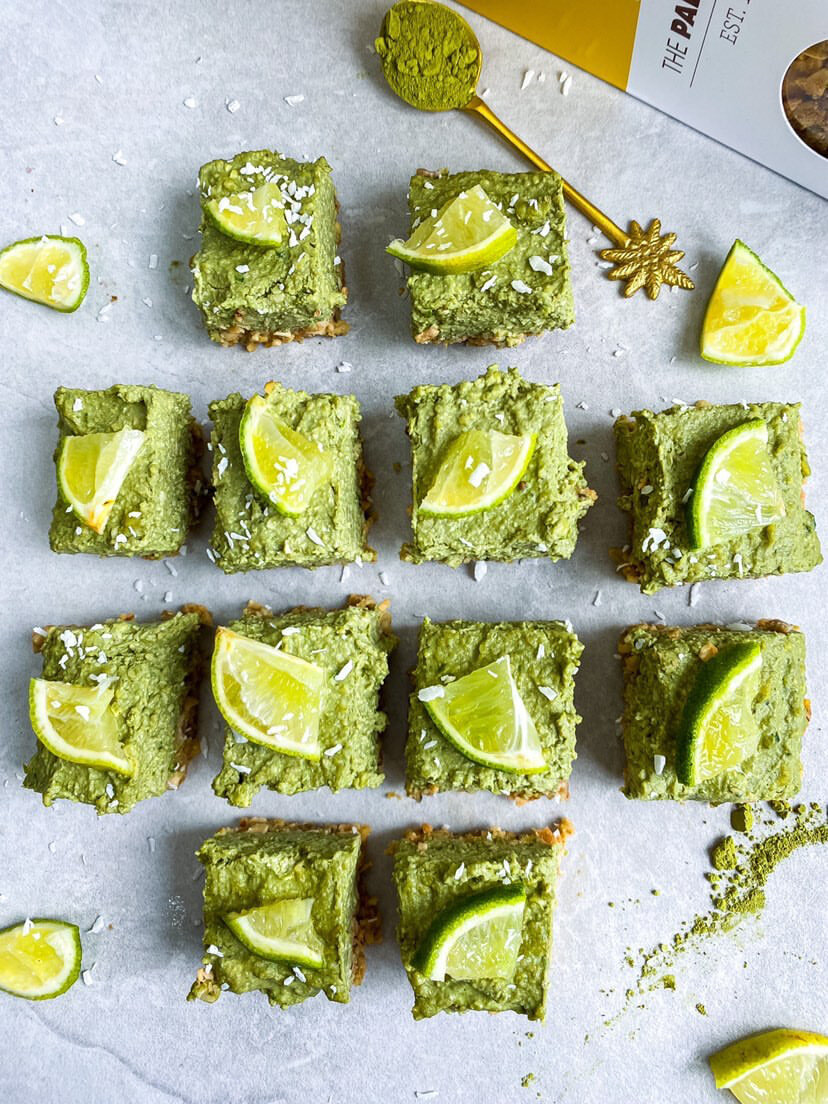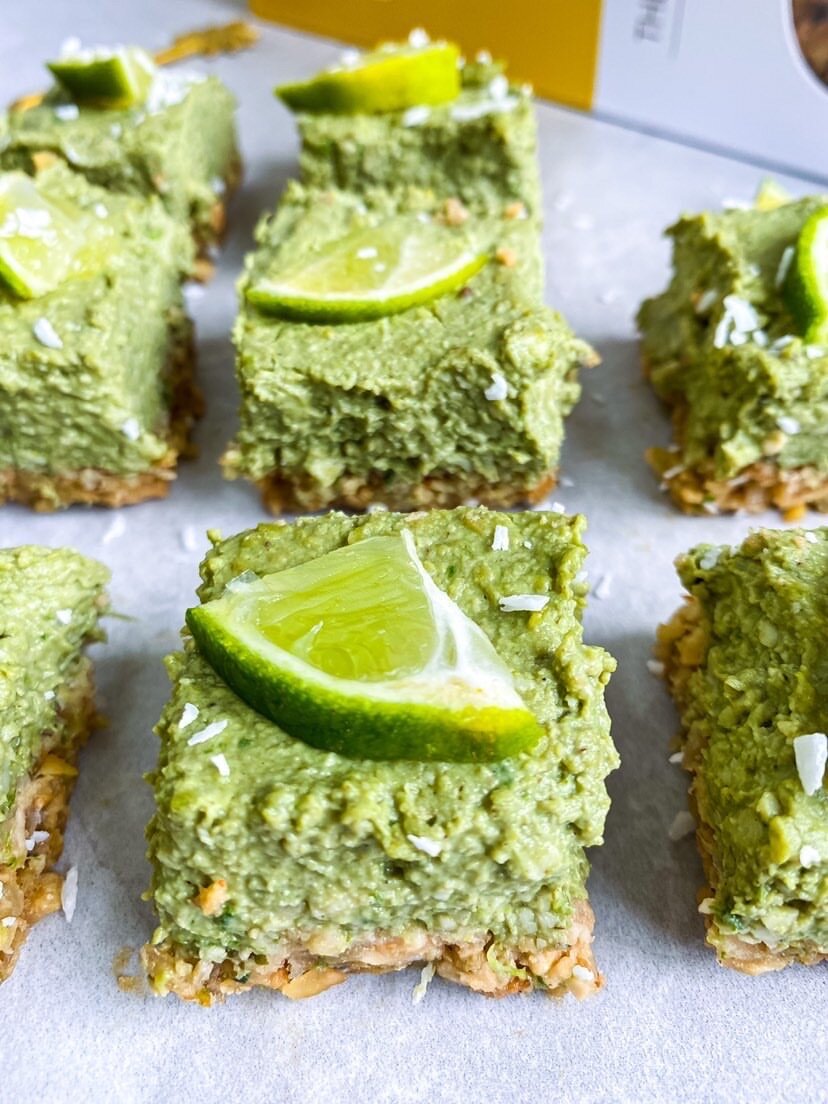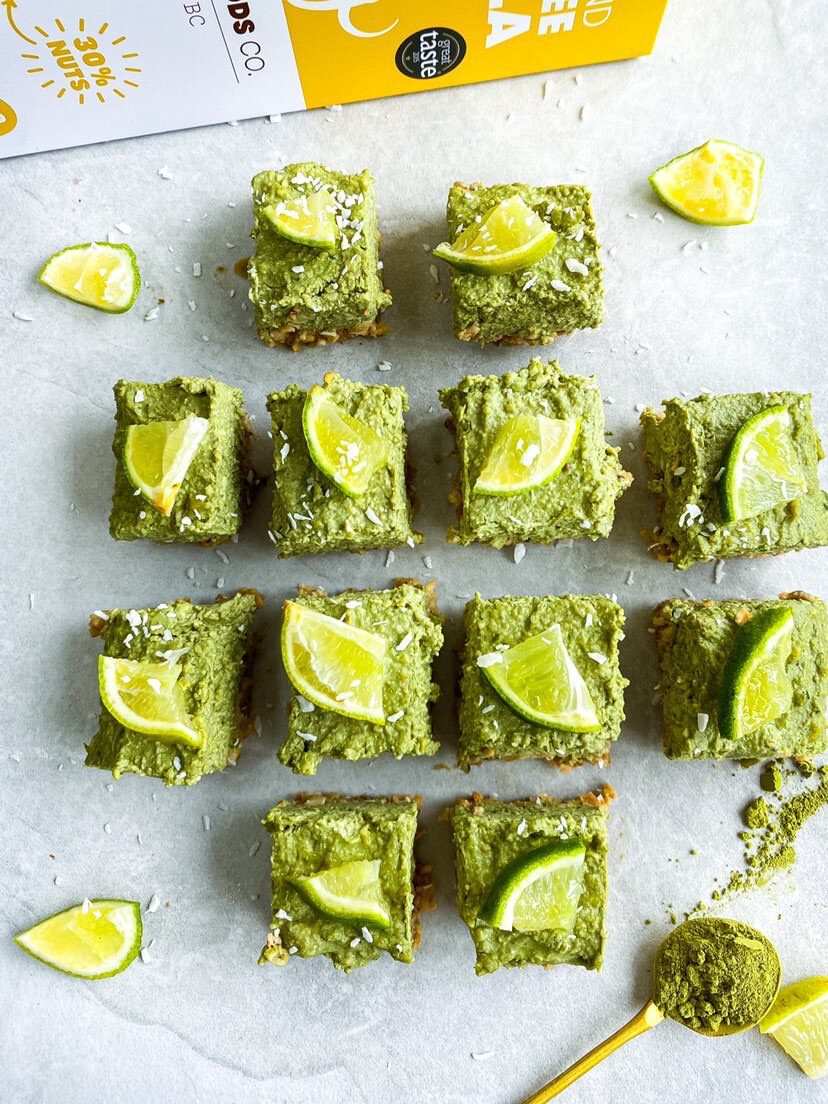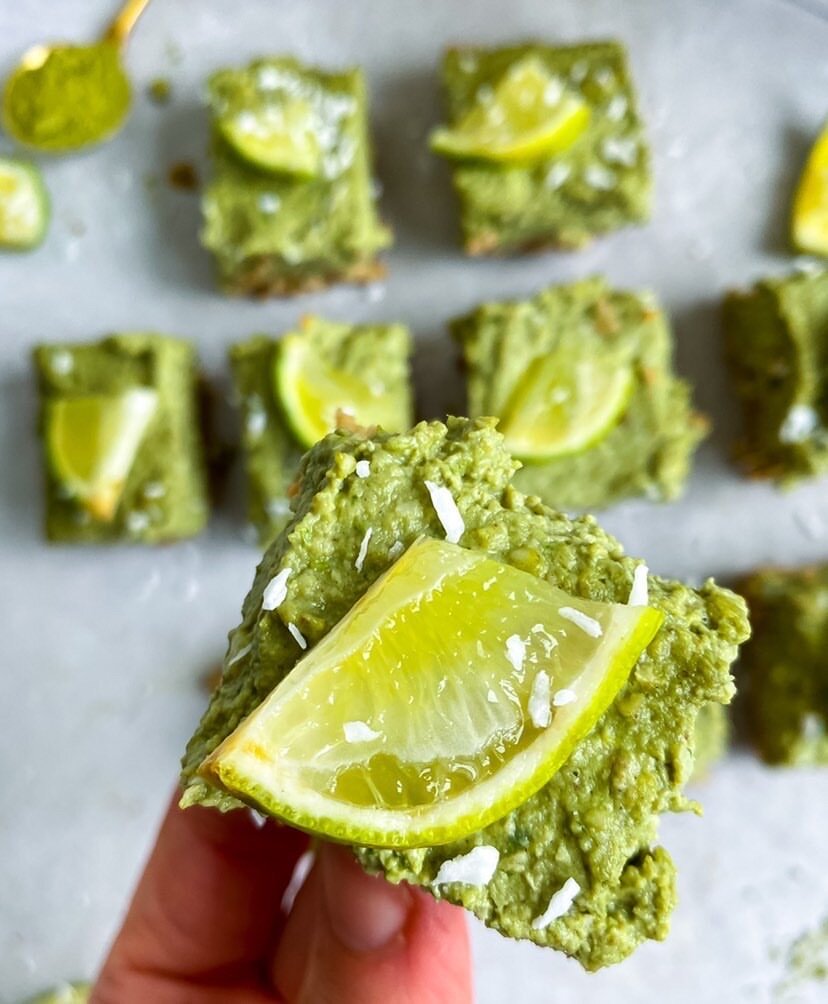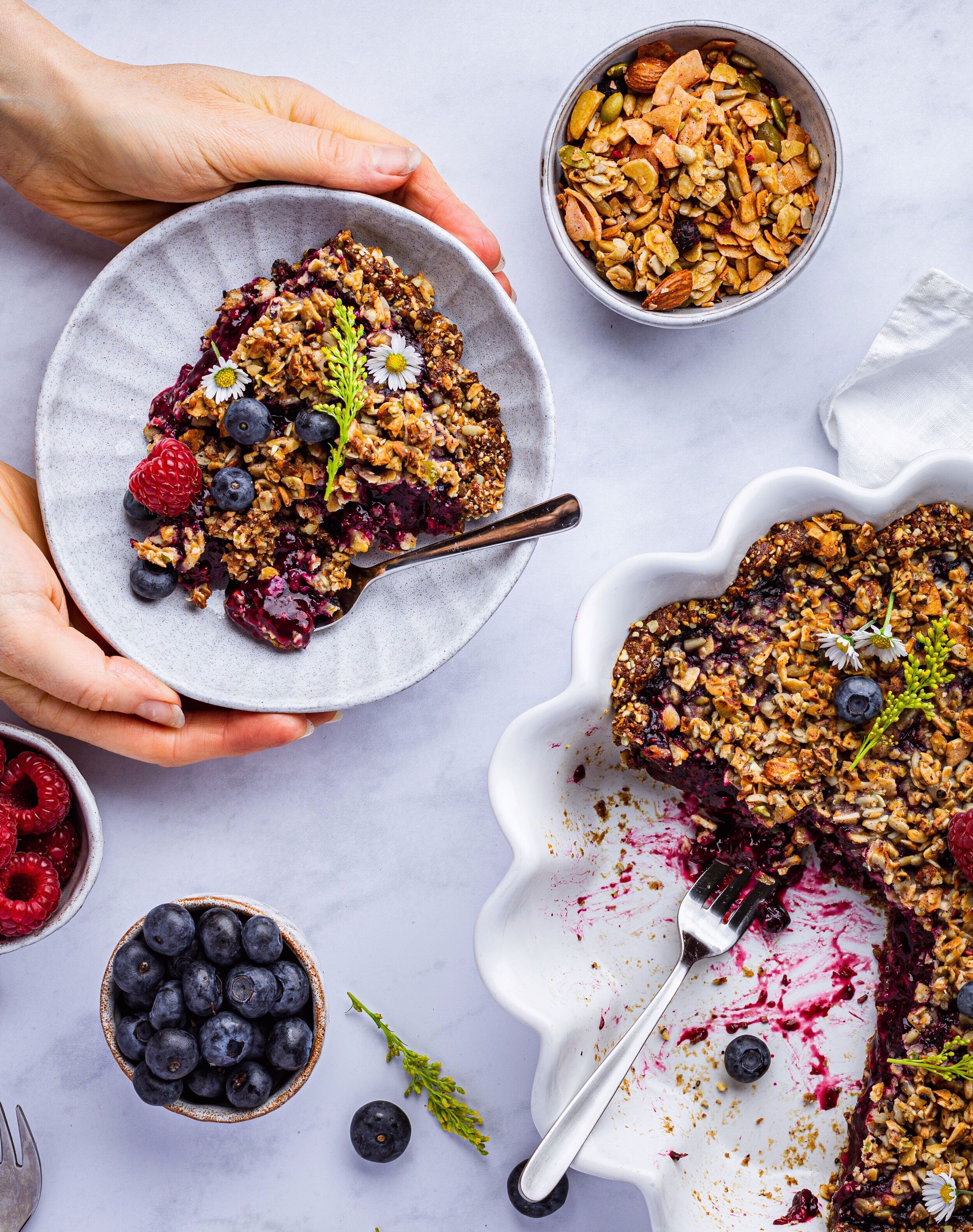What foods should I eat more of to promote a healthy gut?
Swap fruit juices for whole, fresh fruits. This will give you a fibre boost that your gut microbes will love, also aiding the elimination of toxins within the body. My favourite gut-loving fruits are stewed apples, kiwis, and berries.
Add live, fermented foods into your diet at least 3 times per week. These will benefit your gut health and mood - think kefir, sauerkraut, kimchi, and miso. They are all a great source of live cultures which may help to improve the composition of our microbiome.
Incorporate omega 3 fatty acids into your diet. Aim to have oily fish 3 times a week. Studies have shown that people who eat foods rich in omega 3, have more bacterial diversity in the gut.
Include polyphenol rich foods. Research has shown that polyphenols, a type of antioxidant, can have major impacts on gut health by increasing the volume of healthy gut bacteria which are known to improve immunity, help manage inflammatory diseases within the body and feed our gut bacteria. Consume dark chocolate, pecans, blueberries, herbs, and spices.
Eat fibre rich foods. Foods such as nuts, seeds, pulses, and fruit and veg (with their skin on!)
What foods and drinks should we reduce or eliminate to improve our gut health?
Stick to whole, natural foods and avoiding overly processed foods as much as possible. Added preservatives, emulsifiers, glazing agents and trans fats can all trigger nasty gut health symptoms and are not beneficial for our health in general.
Alcohol is one of the most aggressive compounds when it comes to our gut health. When in excess, alcohol can damage the lining of the gut making it harder for us to absorb certain nutrients whilst killing off our friendly, commensal bacteria in the gut. This can lead to an overgrowth of opportunist, “bad” bacteria, resulting in a mismatch of the microbiome and potentially dysbiosis.
Do some research into a non-alcoholic drink that will work for you at social events. I love swapping out a G&T for a gut-loving kombucha!
Another major offender is unfortunately sugar. High consumption of refined sugar can lead to an increase in free radicals, which can cause oxidative damage in the body, revealed through changes in our skin, hair, nails, gut health, and energy levels.
Natural sugar substitutes such as stevia and monk fruit are safe to use as sugar alternatives, however, some individuals are sensitive to sweeteners and may experience side effects such as an upset stomach or bloating. I do not recommend artificial sweeteners, as they can irritate the gut and have been shown in studies to disrupt the health of our microbiome. (Suez J et al. Artificial sweeteners induce glucose intolerance by altering the gut microbiota. Nature. 2014;514:181-6.)
What are the main benefits of reducing refined carbs and refined grains from our diet?
Complex carbs come in their natural form, think sweet potato, quinoa, brown rice, and oats. They are naturally high in fibre, vitamins, and minerals and therefore digest at a slower rate, whilst not spiking blood sugar levels.
However, processing these carbs often strips out nutrients, resulting in white bread, white pasta, bagels, and doughnuts. They do not have anywhere near the nutritional value that the wholegrain versions contain, so are not beneficial when it comes to our health. These refined carbs tend to cause blood sugar spikes which can lead to a subsequent crash, triggering hunger and resulting in additional food cravings.
The main benefits of elminating refined carbs & refined grains include:
Balancing blood sugar levels
Improving insulin sensitivity
Weight Management
Improved energy
Reducing inflammation in the gut
Dietary focus on other wholefoods including protein and fat
Why is grain-free granola better for your gut health than standard oat-based granolas?
As much as I love granola, the majority of granolas on the market are packed with all sorts of inflammatory oils, sugars and even flavourings and additives. Cereals filled with these ingredients can leave you with imbalanced blood sugar levels, leading to sugar highs and lows. Some contain up to 5 different types of syrups and sugars!
Opting for grain-free granola that is instead, loaded with healthy fats and plant protein, can help support balanced blood sugar levels and all-day energy.
I am a big fan of the Paleo Foods Co grain-free granola, with up to 30% nuts and other nutritious ingredients such as chia seeds, coconut oil and coconut blossom nectar, this granola is high in protein and healthy fats, making it a great low-carb breakfast option or mid-afternoon snack. It also contains a good punch of fibre from flax seeds to keep you satisfied till your next meal, whilst benefiting your gut microbes, skin health and energy levels all at once.











